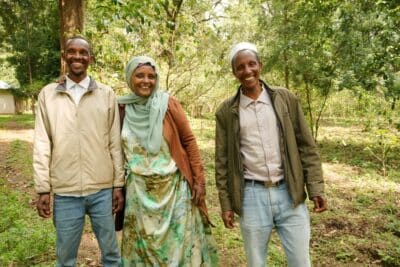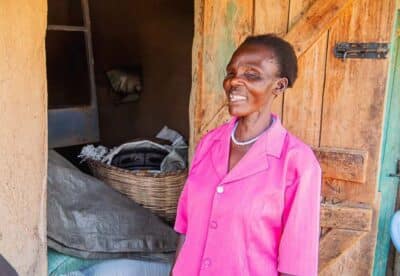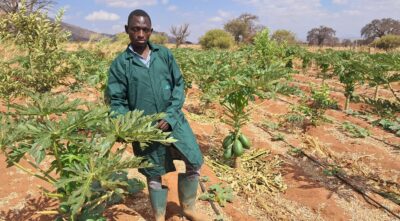News
5 October 2021
Combating climate change and improving lives with fuel-efficient stoves in rural Ethiopia

Members of a group engaged in a fuel efficient stove project in Dinsho woreda in Ethiopia's Bale eco-region.
Firewood collection is a major driver of deforestation in rural Ethiopia. Fuel-efficient cooking stoves are a cost-effective and practical solution for mitigating climate change, protecting trees and vegetation and improving families’ health. The stoves allow for smoke-free cooking, and not only provide the members with an income stream, but also safeguard their health and keep their homes cleaner.
In Ethiopia’s Bale Eco-region, a biodiversity hotspot affected by high deforestation, Farm Africa is leading a consortium of NGOs to help local people sustainably manage and diversify their livelihoods to reduce reliance on unsustainable practices.
The project, which is funded by the European Union’s Supporting Horn of Africa Resilience (SHARE) initiative and Jersey Overseas Aid, is helping women and young people, who are often excluded from earning money, to engage in new income-generating opportunities. As part of this, the project has set up three youth-led enterprises producing and selling energy-efficient cook stoves and sustainable charcoal.
Launched in February 2020, the cook stove initiative gives young people the opportunity to minimise the impact of climate change and boost their income. The project provides training in fuel-efficient stove technology, business development and market linkage and analysis.
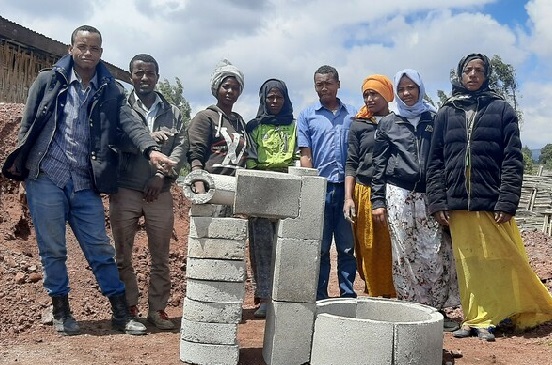
Between March 2020 and July 2021, one eco-friendly group in Dinsho woreda, made up of five women and three men, has already sold more than 1,800 cook stoves. Farm Africa has supported them with theoretical and practical training, as well as production materials so they could produce stoves for the surrounding woredas. As they continued producing stoves, demand grew and so did the members’ income.
Abdurahman Aman, a husband and father, had previously found it difficult to provide for his family. However, since joining the group he is now able to feed his wife and child, can afford a kitchen and furniture for their home and is now rearing four breeds of poultry.
Another member, Nigatowa Getachew, was previously a labourer who had to stop her education due to her low income. Since joining, she has secured a permanent job and is delighted to have started up her education again at night school.
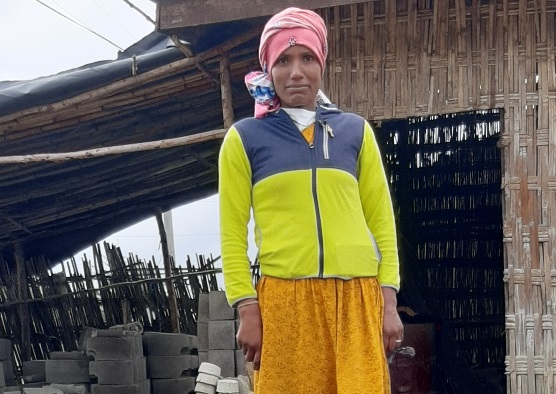
Meanwhile, Zara Hasan is now able to provide for her children and is building up her savings with the dividend she receives from the group. What’s more, she can afford to rent a bicycle, buy livestock and furniture for her family’s home.
The group would now like to transition into producing eco-friendly charcoal, in order to maximise their profit, while still playing a key role in natural resource conservation.


